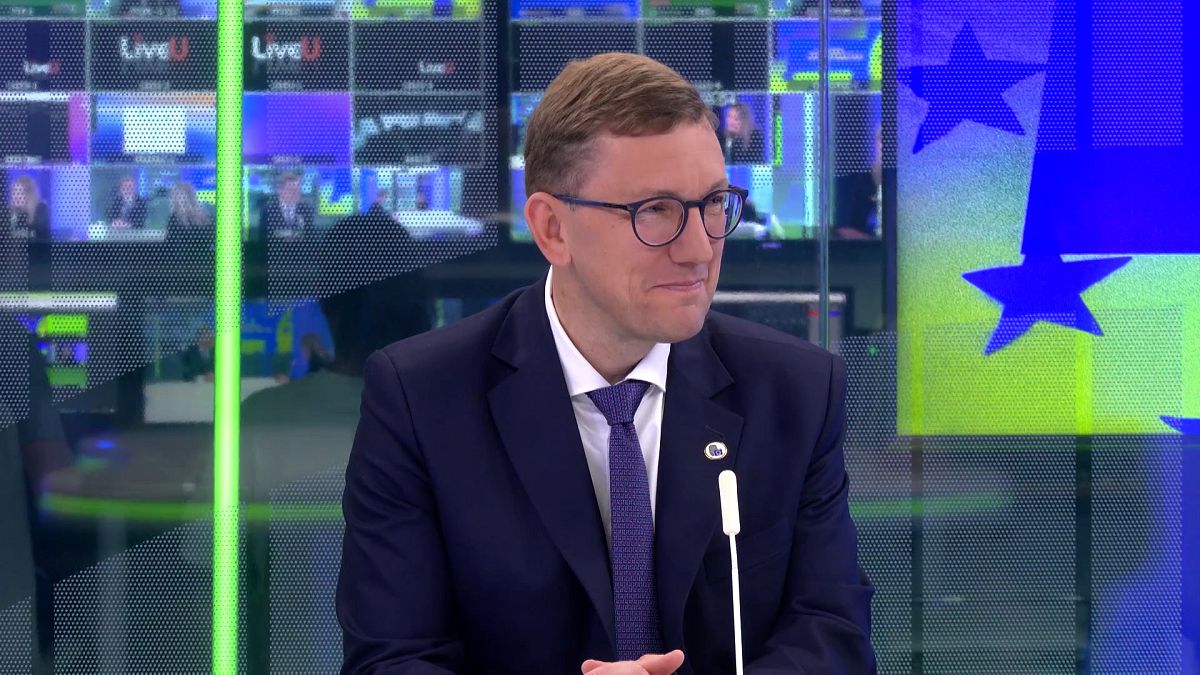Published on
Estonia’s Prime Minister, Kristen Michal, has told Euronews that if Russia is to end the war in Ukraine, then President Vladimir Putin would have to answer a raft of uncomfortable questions from his own people, so continuing the fighting means he stays in power.
“Putin needs conflict, like fish needs water, because if you don’t have a conflict, then probably people in Russia will be asking: Where is my son? Where is my husband? Where are my assets?” Michal told Euronews.
“To be honest, we know our neighbour. For Putin, it’s all about being in power.”
He said the threat to Europe posed by Russia will remain so long as Putin is in the Kremlin.
“We understand Putin and until the regime and Putin changes his goals, until then Russia is an acute threat to Europe, to NATO, to all the civilised world,” he explained.
Estonia’s defence expenditure at over 5% of GDP is one of the highest in NATO, something Michal says is necessary, even if at times it has been unpopular.
“We cut spending, we are borrowing and we also raise taxes. To be honest, not everything in that order are not so popular in Estonia,” he said, adding that democracies need to be protected against neighbouring authoritarian regimes.
It’s this preparation which ensures the country is “prepared” for any designs Putin has beyond his territorial ambitions in Ukraine.
It comes at a time when all NATO members, except for Spain, have pledged to raise defence spending to 5% of GDP , in line with a demand from US President Donald Trump.
Estonia takes on Russian influence
Estonia still has a large Russian minority living in the country. However, the government has been vigilant in countering Russian influence by trying to eliminate the language from schools.
“With the language we are the same we have this kind of reform going to Estonian schooling. And I would say that it should have been done 20 or 30 years ago, but we’re doing it right now. There are small debates, but nothing major,” Michal said.
Russian citizens are also not allowed to vote in local elections, as Estonia hopes to send a powerful message to its neighbour.
Michal is clear on the issue: “If you want to participate in the local matters, it’s quite obvious you should be a citizen of that state.”
Cyber frontlines
Estonia was also the first country to suffer a cyberattack from Russia back in 2007. “From stateside criminal players and for us, the only way to cope with Russia’s kind of influence hybrid attacks and cyber-attacks is to increase our cyber capabilities. We have this kind of system also that the public sector is working with private sector in Estonia, but Russia has not decreased its attacks against us,” Michal said.

